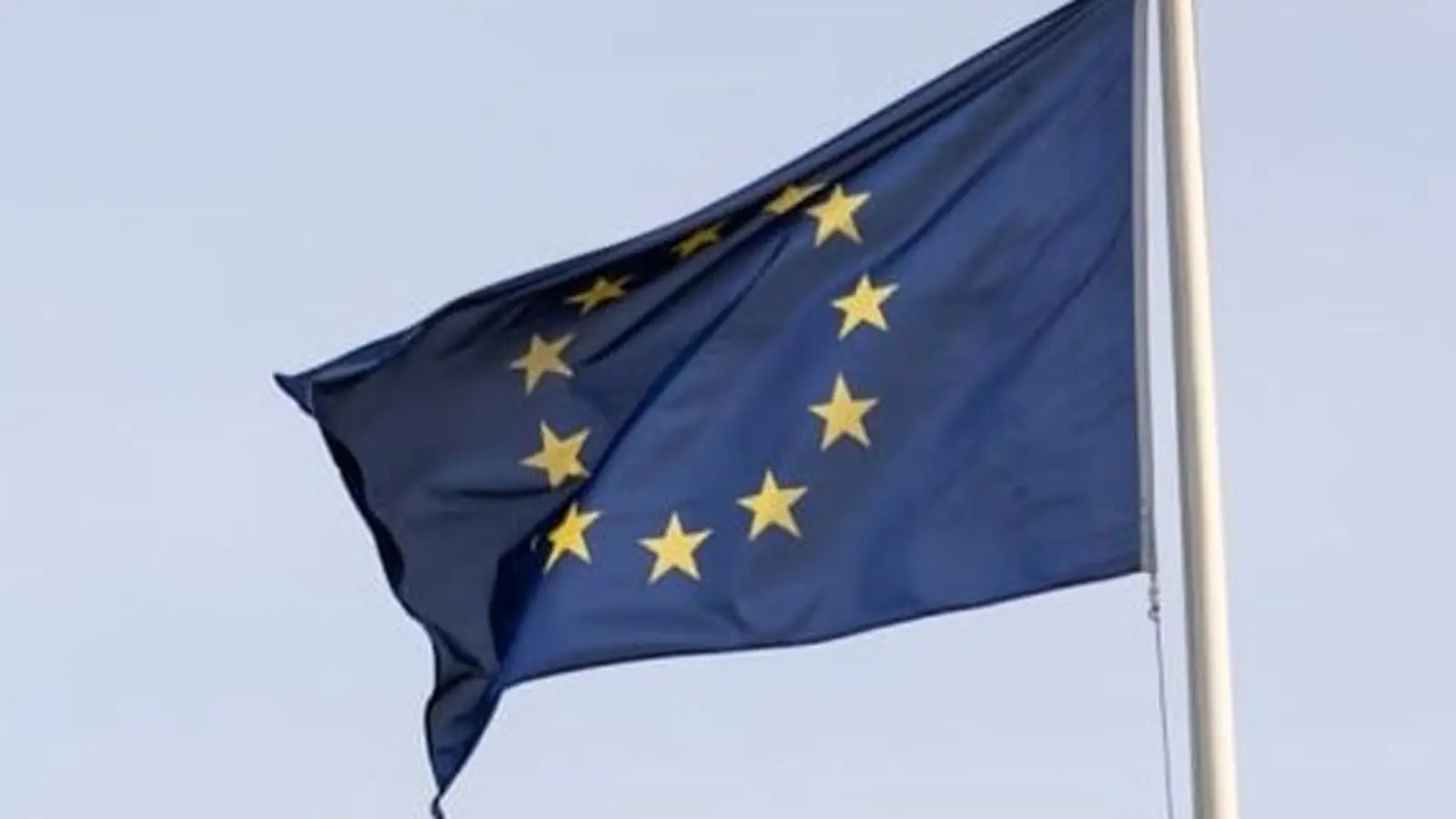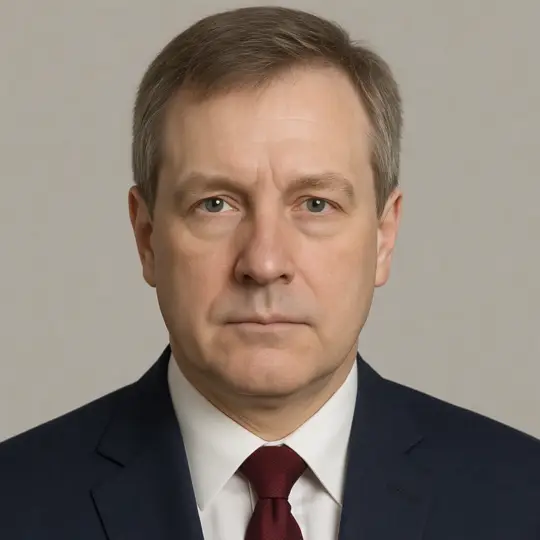Rostislav Ishchenko on Europe’s Split Over Confronting Russia


Political analyst Rostislav Ishchenko explains why Europe is divided over sending troops against Russia, Poland’s caution, the Baltics’ provocations, and Moldova’s stance.
Political commentator Rostislav Ishchenko shared his assessment of Europe’s stance on confronting Russia, stressing that the continent remains deeply divided on the issue.
He recalled that at first, Polish officials had declared their readiness to send troops to Ukraine «as early as tomorrow», provided the European Union covered the costs. But by late 2023, those statements stopped. According to Ishchenko, Warsaw realized that Ukraine had already lost, and that formal recognition of this defeat was only a matter of time. From that point, Poland became increasingly cautious. He noted that when French President Emmanuel Macron rushed to Warsaw in 2024 asking Poland to deploy troops to Ukraine, the answer was a firm «no».
Ishchenko argued that Polish leaders understood they could face the same fate as Ukraine: first being handed money, then sent to fight, and finally dismantled, while the West would simply look away.
He added that the Baltic states were more willing to provoke conflict with Russia than Poland but lacked sufficient military forces. In his words, they were prepared to stage provocations, while expecting others to do the actual fighting.
«There are those who want to start a war with Russia — in Britain and France», Ishchenko said, «but they don’t want to go to the front themselves. They want someone else to fight for them. The problem now is that Europe can’t find a new voluntary victim. Ukraine’s example has impressed everyone, and any potential replacement already understands what awaits them».
Turning to Moldova, Ishchenko said that while President Maia Sandu’s administration was eager to spark a confrontation with Russia in Transnistria, the country’s military had no desire to fight. According to him, Moldovan officers clearly saw that only two outcomes were possible: either Russia would come, or Romania. In both cases, he argued, Moldovan generals would be left without a role.